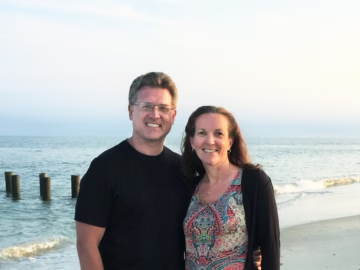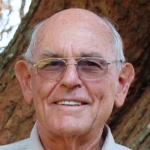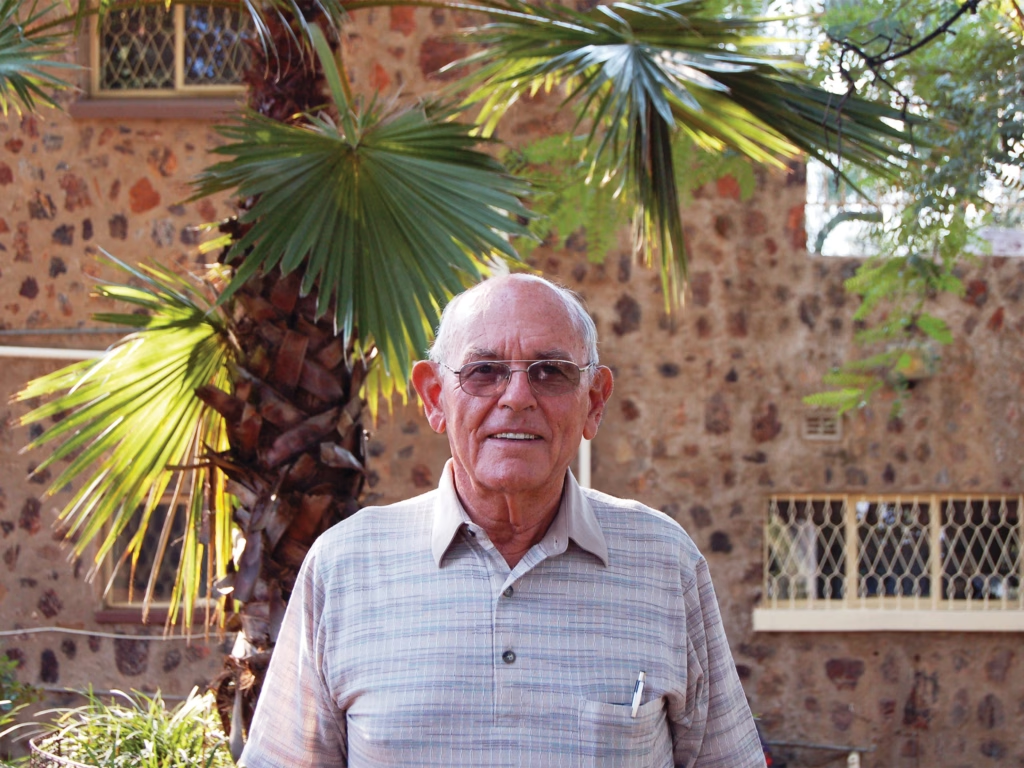
I grew up on the younger side of nine children on a farm near Mt. Joy, PA.
With nine children living under one roof, we argued often and occasionally fought. I’ll always remember when one of us would run crying because a sibling had hit us, my father would respond, “And what did you do to them?” The tears usually stopped, and he would require both parties to apologize, kiss, and make up.
As a child, I attended Mt. Pleasant (PA) BIC with my family. Messages like “blessed are the peacemakers, for they will be called children of God” (Matthew 5:9); “as far as it depends on you, live at peace with everyone” (Romans 12:18); and “seek peace and pursue it” (Psalm 34:14), made a deep impression on my young mind.
At about 10 years old, I felt God calling me to serve as a missionary in Africa. In 1958, shortly after graduating college, my wife, Nancy, and I set sail for Southern Rhodesia (now Zimbabwe). And as I stepped into this new context, I began to grasp how valuable it was to have grown up in a peacemaking tradition.
My Life in God’s Hands
Zimbabwe’s colonization by the British government in the late 1800s began a cycle of violence that has, in many ways, continued to this day. Between the 1930s and the 1960s, animosity escalated between the majority black citizens and minority white rulers, eventually breaking out in war. After Zimbabwe gained its independence in 1980, one of the country’s two main tribal groups seized control of the government.
Yet I could not remain quiet. I always knew my life was in God’s hands and that I must speak out against violence.
Without a common enemy, conflict arose between the two groups. The party in power dispatched soldiers to deal with so-called “dissidents.” They were ruthless: eliminating potential threats, shooting citizens, burying people in mass graves, and throwing bodies down long drop toilets or mine shafts.
I was preaching in Bulawayo one Sunday morning when the police arrived. They removed one man from the congregation.
We never saw him again.
After the service, the police accused me of preaching politics — a serious allegation. One policeman asked for my address, saying they might want to interrogate me. In that moment, the Lord gave me courage. “Tell them to come because I want to see them,” I responded.
In the mid 1980s, I attended an interdenominational church meeting in the capital city of Harare. I spoke out about the evil and hatred I saw, and many people feared I would “disappear” one day. Yet I could not remain quiet. I always knew my life was in God’s hands and that I must speak out against violence.
Sometime later, the heads of denominations met with Zimbabwean president Robert Mugabe. They took a stand against evil, speaking out against violence and promoting conversation and reconciliation. And with the atrocities brought into the open, the conflict between the two groups turned around.
There is still work to be done, and I believe Christians should be at the forefront of peacemaking. I will always be grateful to the Lord for the teachings I received as a child and for the privilege of being nurtured in a peace church. I praise the Lord for leading me into a ministry where opportunities abound to practice this important biblical teaching and where the fruits of such teachings are abundantly evident.
Adapted from “The Peacemakers,” an article for the spring/summer 2016 issue of BIC U.S.’ In Part magazine.



